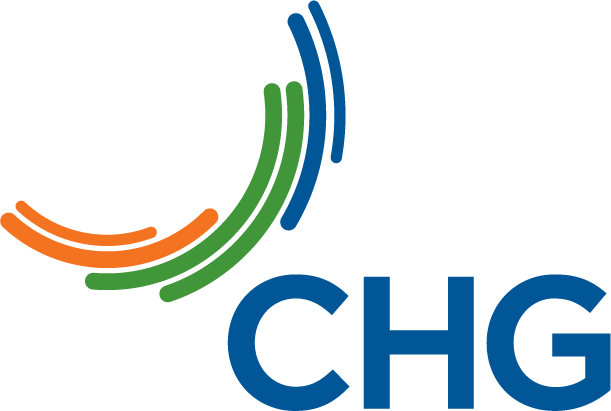Safe and Healthy Workplace
Drug and Alcohol Awareness, Screening and Management
Minimise the significant risks of alcohol and drug use in the workplace with screening, training and advice. CHG is able to help with your workplace drug and alcohol policy, testing and support requirements.
We offer a range of services, including:
• Drug and alcohol awareness training sessions
• Onsite or in-clinic testing
• Drug and alcohol policy implementation training for managers
• Consultancy advice regarding the implementation of policies and screening programs
• Collector training
• Support for employees
Drug and Alcohol Awareness
Many organisations choose to implement drug and alcohol policies and procedures to ensure health and safety in their workplace. For such policies to be effective, it is important that your employees understand the risks involved with drug and alcohol use. CHG offer drug and alcohol awareness training to provide your employees with the rationale behind your workplace policies. All training is delivered in a classroom style setting by experienced trainers, and can be tailored to suit your specific industry, workplace and policies.
Participants will learn:
- Short and long-term health risks of drug and alcohol consumption
- Fundamentals of a range of stimulants and depressants, including their health risks
- How your workplace drug and alcohol policies are designed to protect all employees
- How to access support
Drug and Alcohol Screening
Testing can be done at a CHG location or at your workplace, using either urine drug screening or oral fluid (saliva) testing, depending on your requirements. Onsite screening will provide an instant preliminary positive or negative result, with initial positive specimens sent to the laboratory for confirmation. Alternatively, all specimens can be sent directly to the laboratory for testing, with initial results available after 24 hours. Confirmation results for either method normally takes about 48 hours.
Testing can be conducted to screen for the following:
- Alcohol
- Opiates
- Amphetamines
- Methamphetamines
- Cannabis and cannabis metabolites
- Cocaine and cocaine metabolites
- Benzodiazepines
- PCP (angel dust)
Drug and alcohol testing options include:
- Pre-employment screening
- Random on-site drug screening
- Drug screening for cause programs
- Drug and alcohol dependency assessments
Drug and Alcohol Management
To effectively ensure that drug and alcohol policies and procedures are being followed within your workplace, you rely on your team of managers, supervisors and leaders. CHG offer drug and alcohol management training with specialised content for your team. This includes drug and alcohol awareness training, plus supplementary information relevant to leadership roles. All training is delivered in a classroom style setting by experienced trainers, and can be tailored to suit your specific industry, workplace and policies.
Participants will learn:
- Emerging trends and potential workplace effects
- Drug and alcohol testing protocols
- Skills to recognise signs and symptoms in employees
- Intervention strategies
- How to implement a drug and alcohol program in the workplace
Tailored to you
The option for a custom module explaining your workplace drug and alcohol policy is also available. This module is aimed at improving your employees’ understanding of your unique policy, to enable them to fulfil their relevant duties in the workplace. The module includes discussion about responsibility, accountability, an overview of procedures and how your team can support their colleagues.
Click here to learn more about HLTPAT005: Collect Specimens for Drugs of Abuse Testing training
Speciality and Industry Licencing Medicals
CHG can work with you to develop customised medical assessments, which evaluate employees against specific legislative or licensing criteria, as well as your own workpalce standards.
CHG has a wealth of experience conducting medical examinations in a broad range of sectors, such as:
- Transportation (including rail and track workers)
- Mining (including emergency response team medical clearance)
- Oil and gas (including resources sector workers)
Common examples of category and licensing medical assessments we conduct include:
- Aviation licences
- Commercial driver licences
- Special equipment licences (including forklift drivers, crane operators, scaffolders and riggers)
- Confined space medicals
